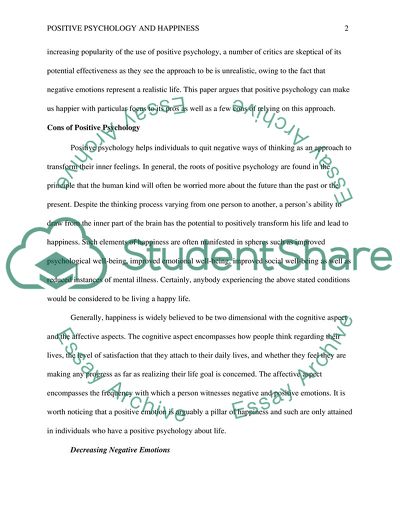Cite this document
(“Can Positive Psychology Make Us Happier Research Paper - 1”, n.d.)
Retrieved from https://studentshare.org/psychology/1684196-can-positive-psychology-make-us-happier
Retrieved from https://studentshare.org/psychology/1684196-can-positive-psychology-make-us-happier
(Can Positive Psychology Make Us Happier Research Paper - 1)
https://studentshare.org/psychology/1684196-can-positive-psychology-make-us-happier.
https://studentshare.org/psychology/1684196-can-positive-psychology-make-us-happier.
“Can Positive Psychology Make Us Happier Research Paper - 1”, n.d. https://studentshare.org/psychology/1684196-can-positive-psychology-make-us-happier.


